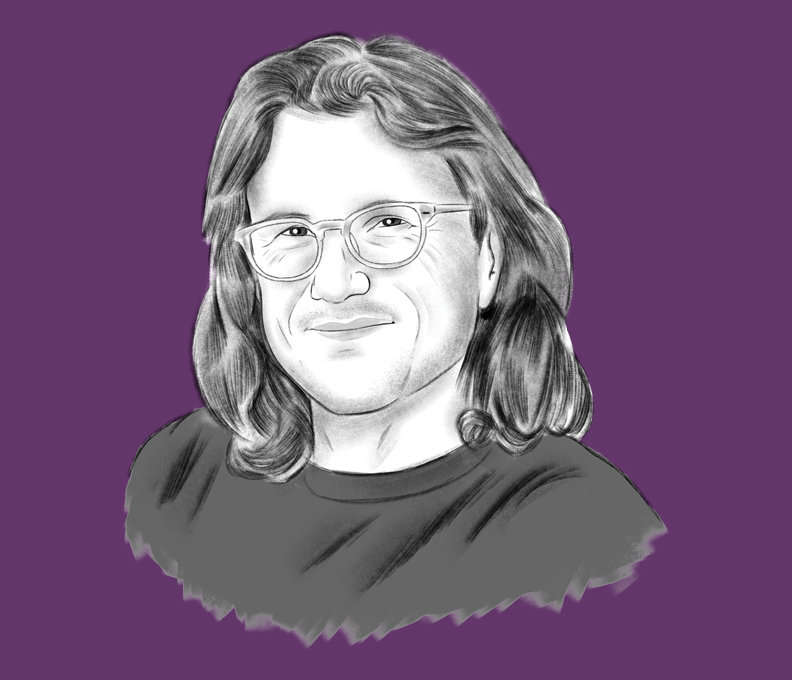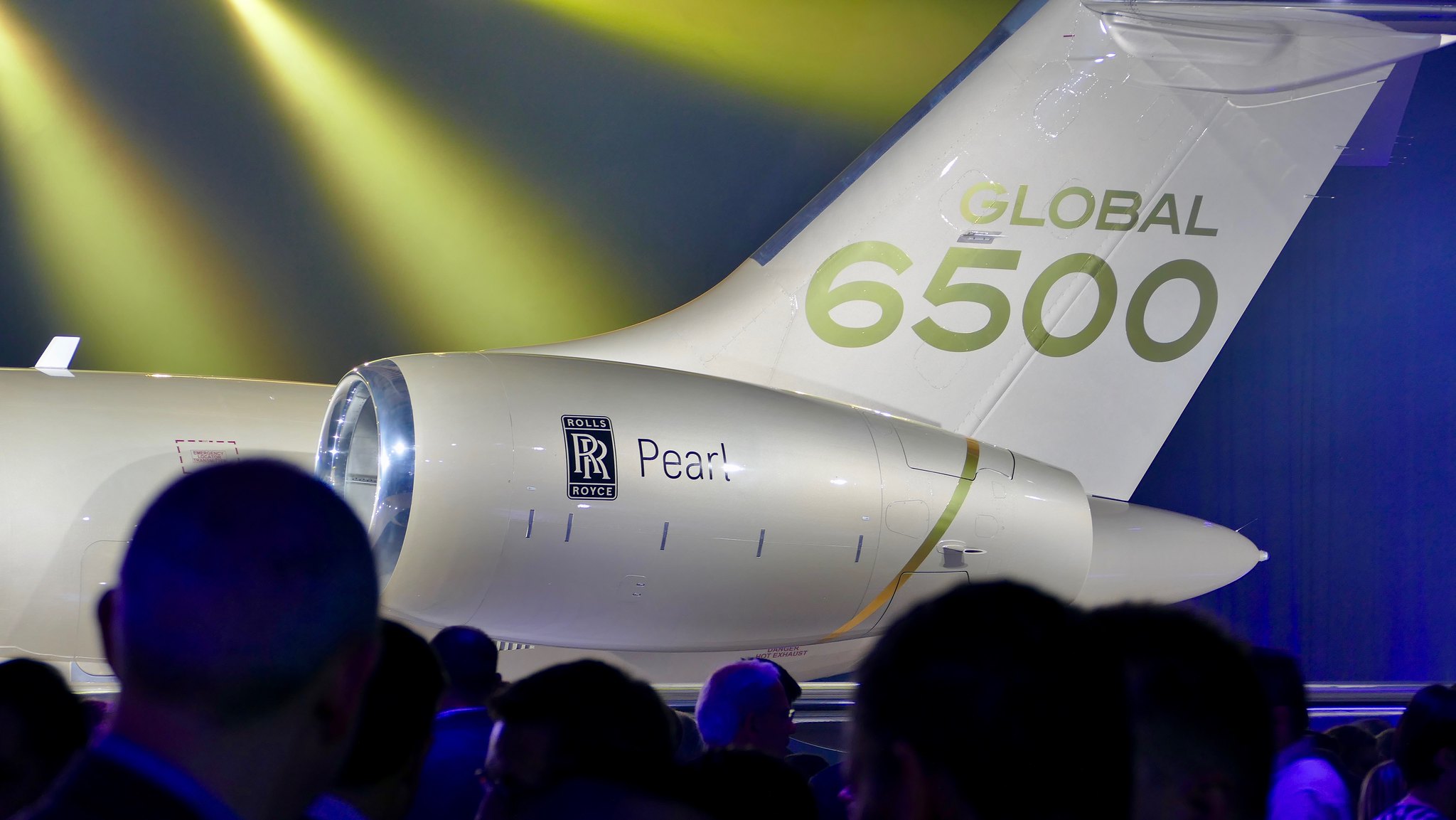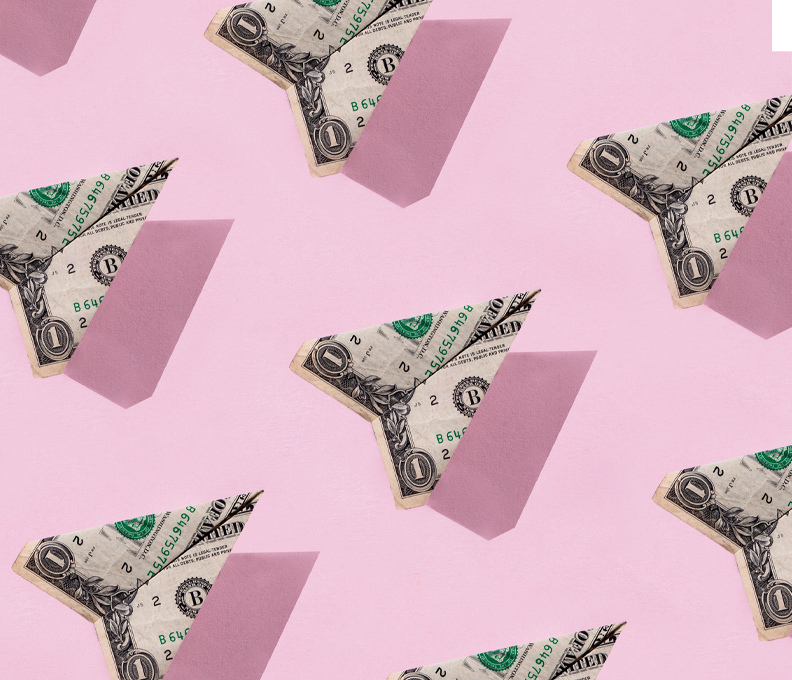Unmind: The Platform Offering Science-Backed Mental Health Support to Major Companies
Corporate clients include Uber, Major League Baseball, Nationwide, Disney and British Airways
May 16, 2023

Dr. Nick Taylor / Illustration: Joel Kimmel
Imagine being a chief human resources officer (CHRO). For years, you’ve known employee mental health matters. You’ve urged execs to invest in employee well-being—not as something “nice to have,” but embedded in an actual mental health strategy. Some CEOs got it instinctively. Others shrugged, or rolled out piecemeal perks, such as beanbags and meditation, or helplines no one ever used. Then Covid happened. Overnight, mental health went mainstream, every organization took action, and those remaining CEOs became converts to the cause. This signified progress, sort of.
Awareness without insight is often pointless. Corporate wellness schemes have soared, but without a reliable read on the tangible impact for staff or the business, leaders are forced to judge success by anecdotal data. Or worse, gut feeling. It’s why so many well-being initiatives are short-lived. Besides, in times of big losses, squeezed budgets and job cuts, taking on-site yoga off the balance sheet seems smart.
CHROs see the rates of absence, burnout and employee churn going up, not down. This is caused by not experiencing the benefits of well-being initiatives put in place. Managers know mental health matters and want to help their teams, but have no real idea how. In an industry swamped with shaky answers, no one’s asking the question: Why aren’t our well-being solutions working? Our platform, Unmind, exists to provide the answer.
We give companies the confidence that their well-being strategy will improve performance—across the whole organization, as well as the bottom line. We know this because we can evidence it, by arming leaders with data that shows how staff are really feeling. Then we use these insights to shape a company’s response to common performance issues (absenteeism, presenteeism and stress). We train managers to support the mental health of their teams, so they can do so with confidence and know-how, not well-intentioned guesswork.
Altogether, this looks like whole-person, whole-organization support, both proactive and reactive. Helping everyone—from junior staff to managers and execs, each with their own unique challenges. Because if no two minds are the same, why would a one-size-fits-all approach to employee mental health and well-being work?
A recent study investigating the sleep content of our platform showed that Unmind users gained an average of 3.5 hours extra sleep a week. For businesses, this equals annual savings of more than $9,000—not per company, but for each employee. Meanwhile, staff at British retail giant John Lewis Partnership saw equally incredible results. After three weeks of participating in an Unmind course—focused on mindfulness, cognitive-behavioral therapy and compassion-focused therapy—73 percent had lower levels of stress, 60 percent of people experiencing anxiety said their symptoms improved, and overall well-being increased.
Major League Baseball is also using Unmind to transform culture around well-being. “The Unmind platform will allow us to respond to our overall high-level goal of reducing stigma throughout our industry and promoting positive mental well-being,” said Jon Coyles, MLB’s vice president of drug, health and safety programs. “Even if you don’t have a diagnosed condition or you’re receiving treatment for something, general well-being can help employees and baseball players alike.”
We think work should be good for mental health. And saying that shouldn’t be controversial. To get there, companies need to be proactive about mental health and well-being and target their interventions not solely on individual employees, but across the whole organization.
Dr. Nick Taylor is the CEO and co-founder of Unmind, a provider of workplace well-being solutions. It supports organizations including Uber, Major League Baseball, Nationwide, Disney and British Airways. Dr. Taylor started his career as a support worker for Mind before obtaining a doctorate in clinical psychology.




